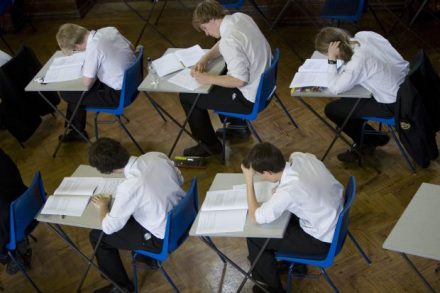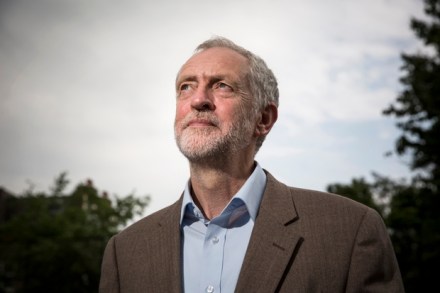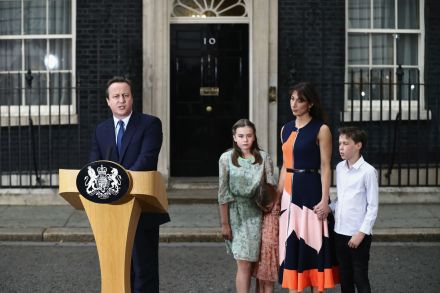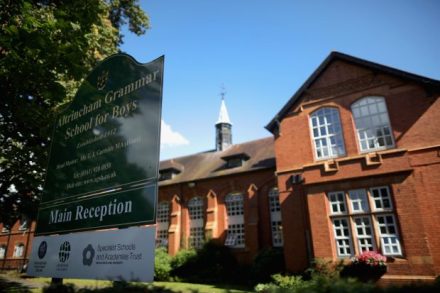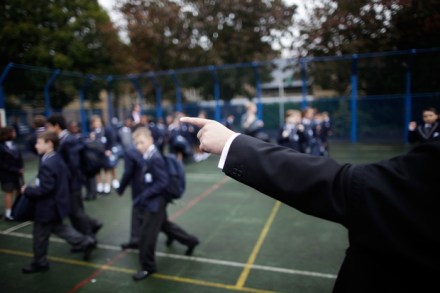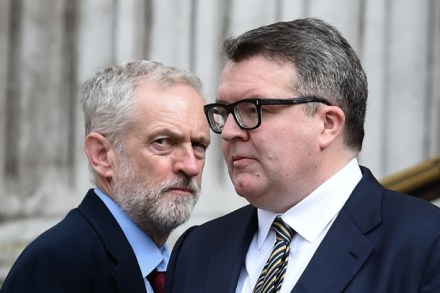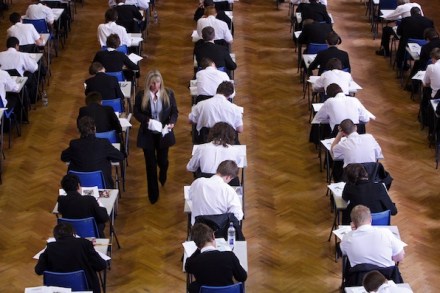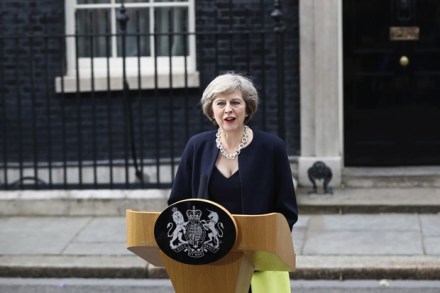The Corbyn détente is coming
By the time Labour party conference begins on Sunday in Liverpool, the party will have announced its new leader. And it is likely to be its old leader, Jeremy Corbyn. For those who have nailed their colours to Owen Smith’s mast, it is quickly becoming clear that Corbyn is about to consolidate power. As a result, there will need to be a mass rethinking of the anti-Corbyn strategy. Most analysis of Theresa May’s decision to fight for grammar schools has focused on the internal politics of the Conservative party, but the debate has also inadvertently played into Jeremy Corbyn’s hands. Finally, after more than a year in the job, Corbyn has a domestic


